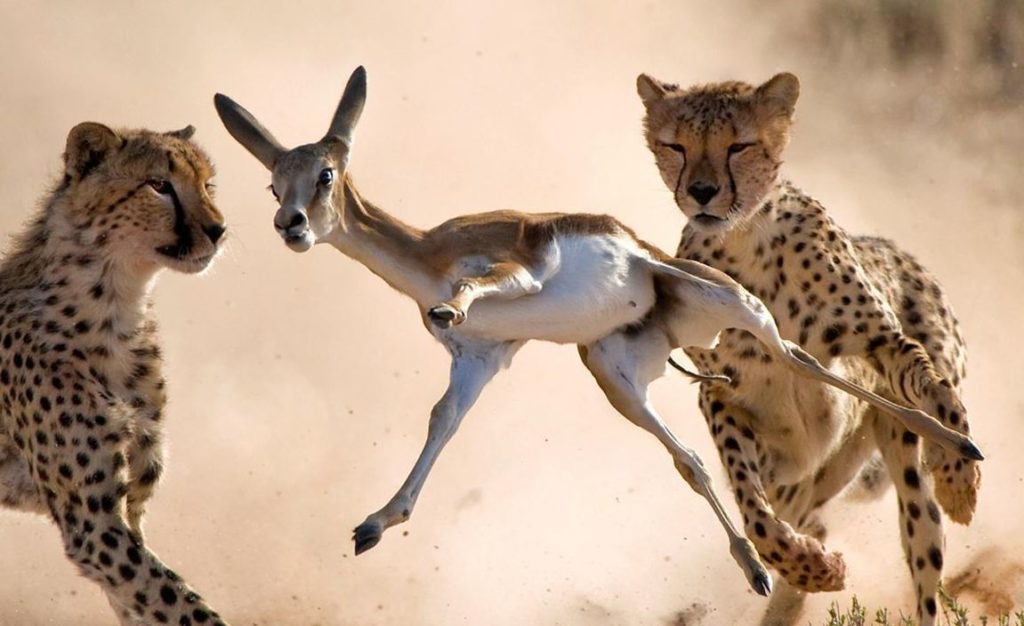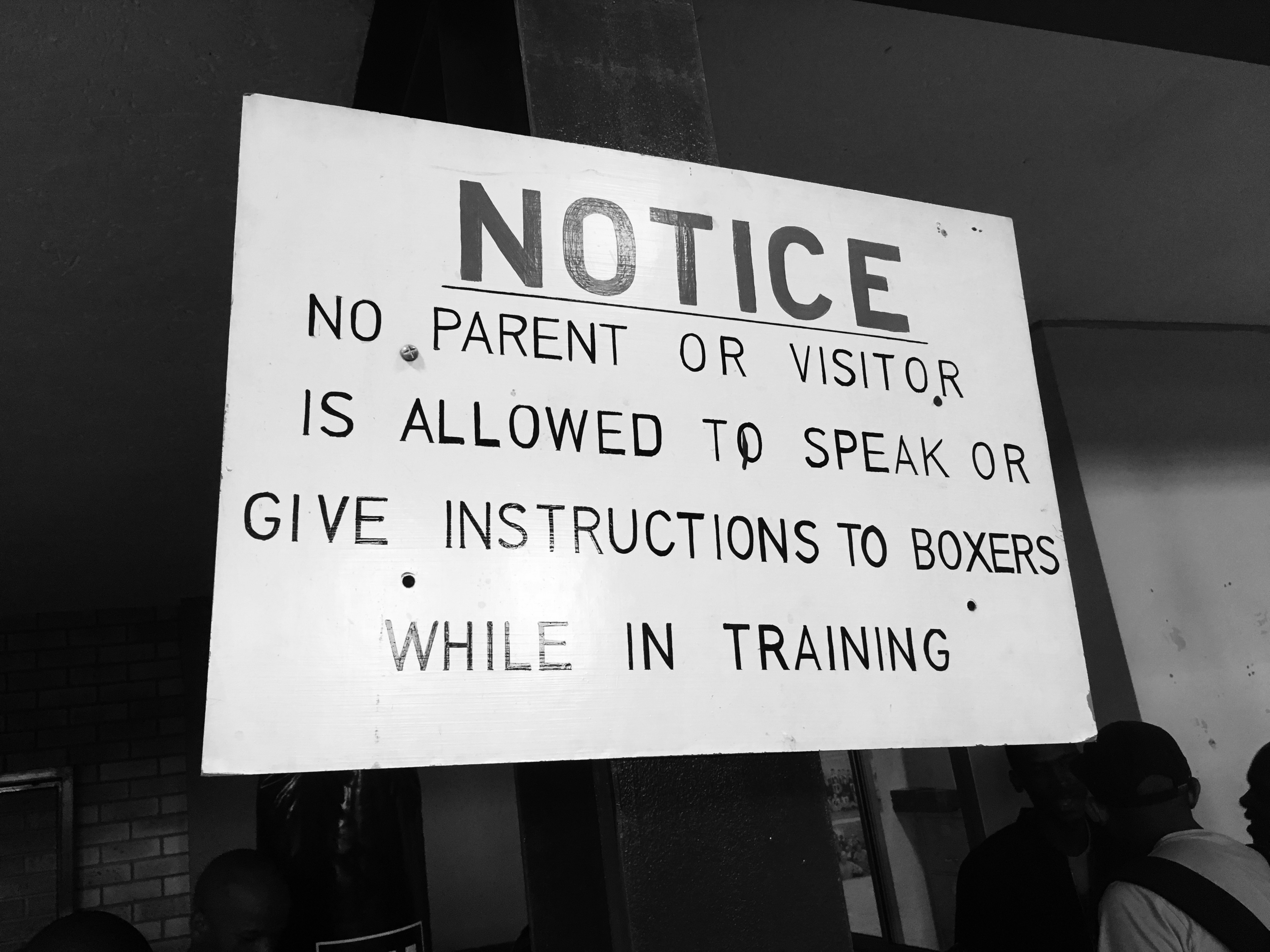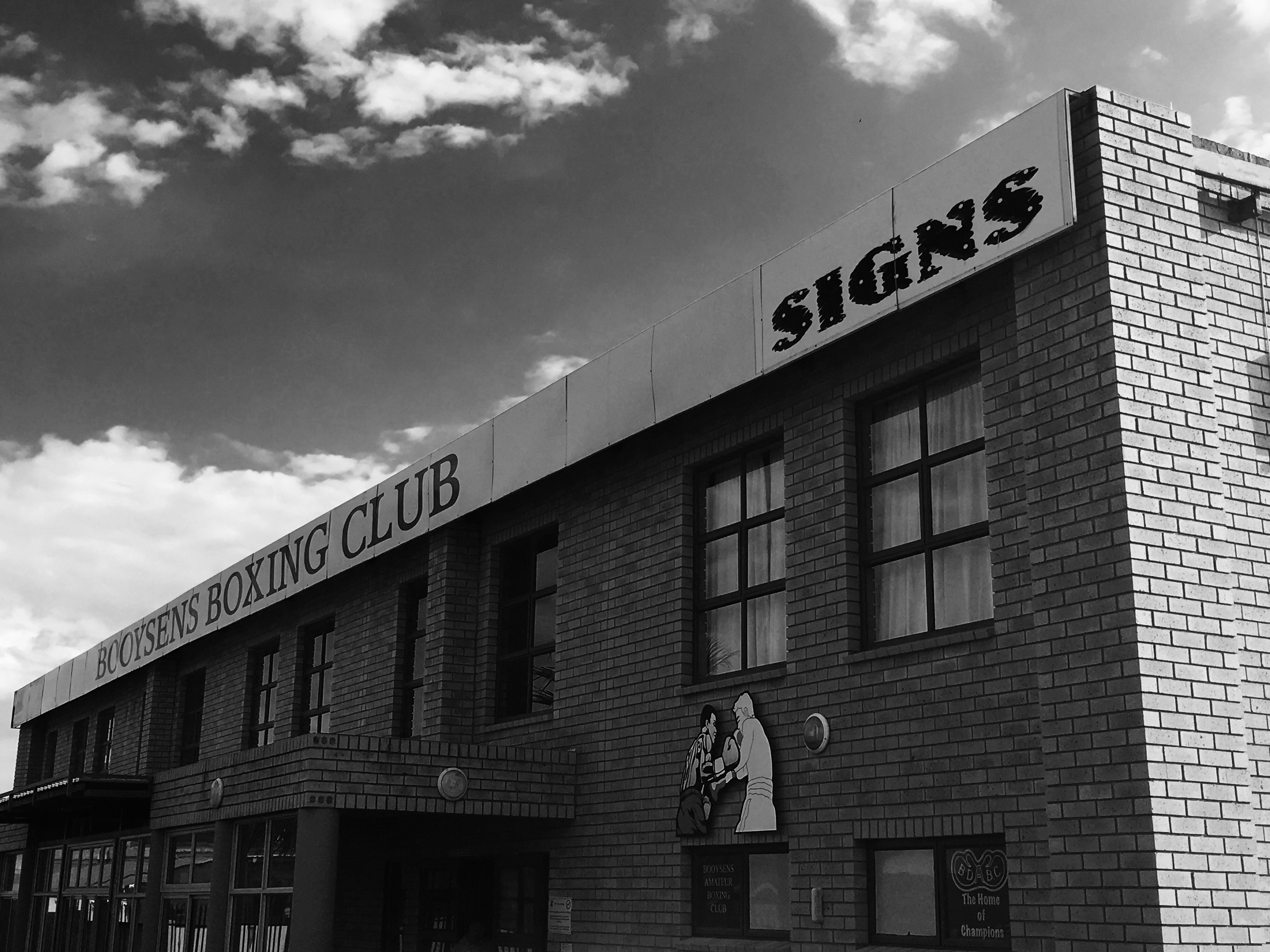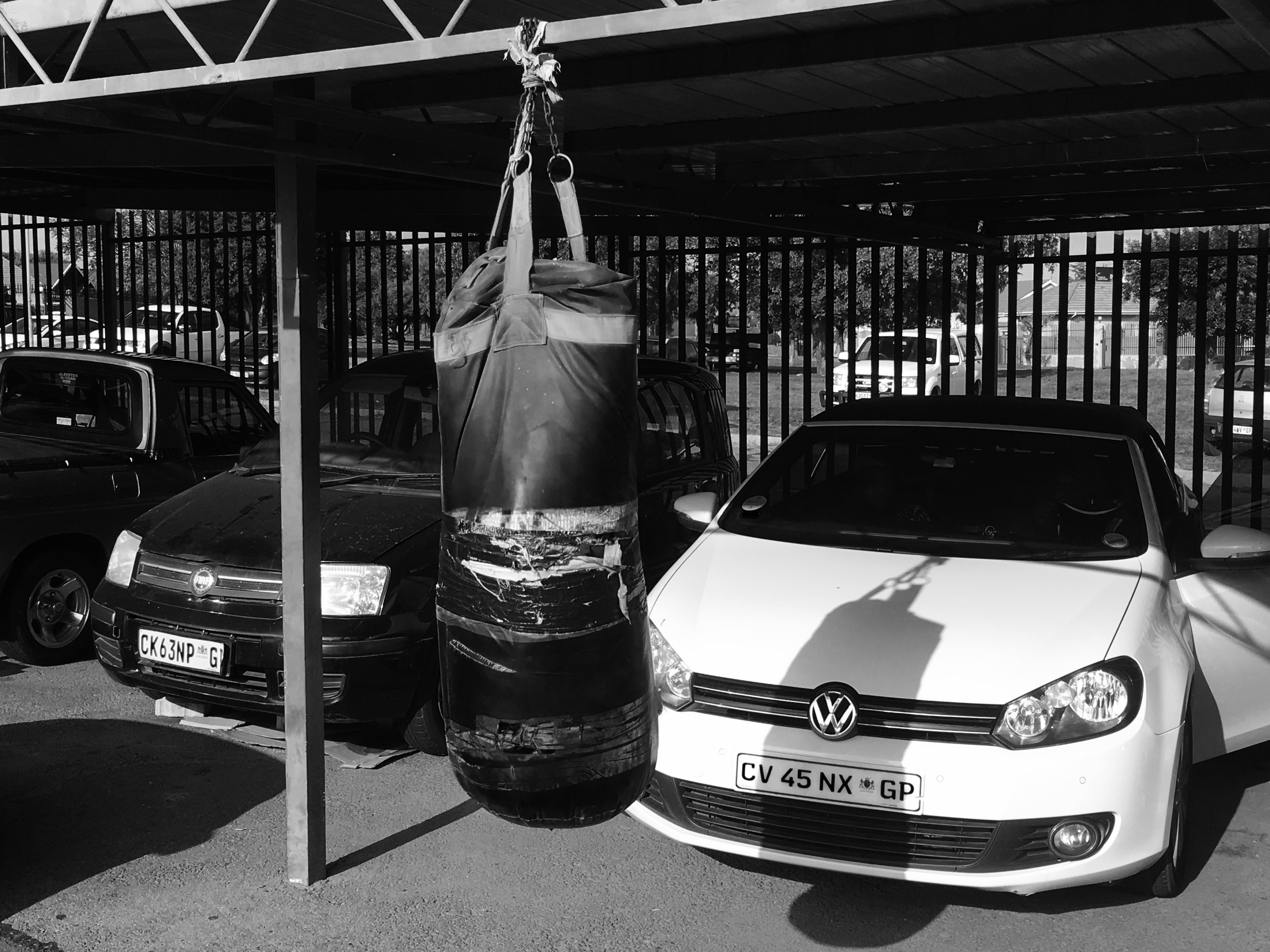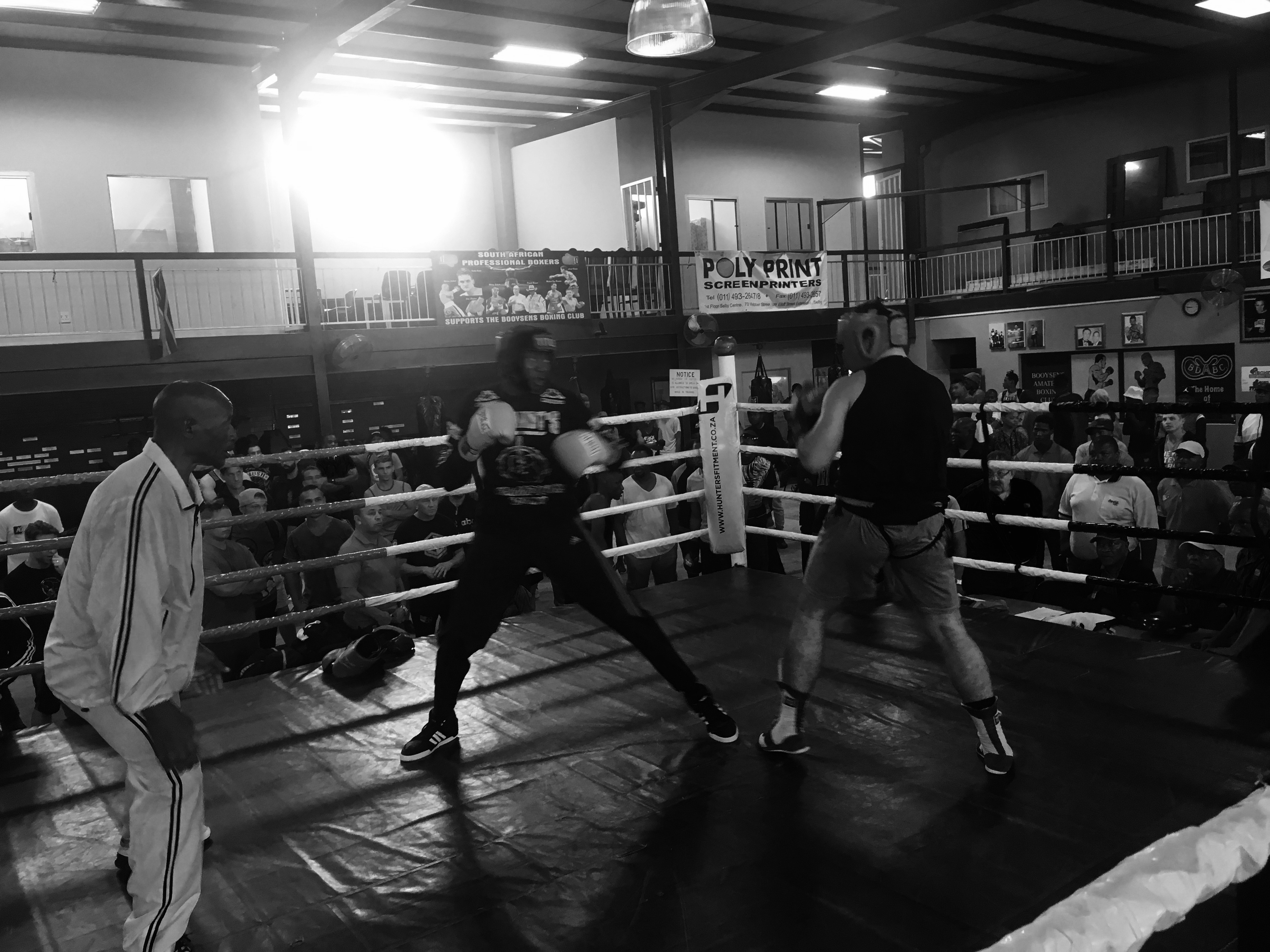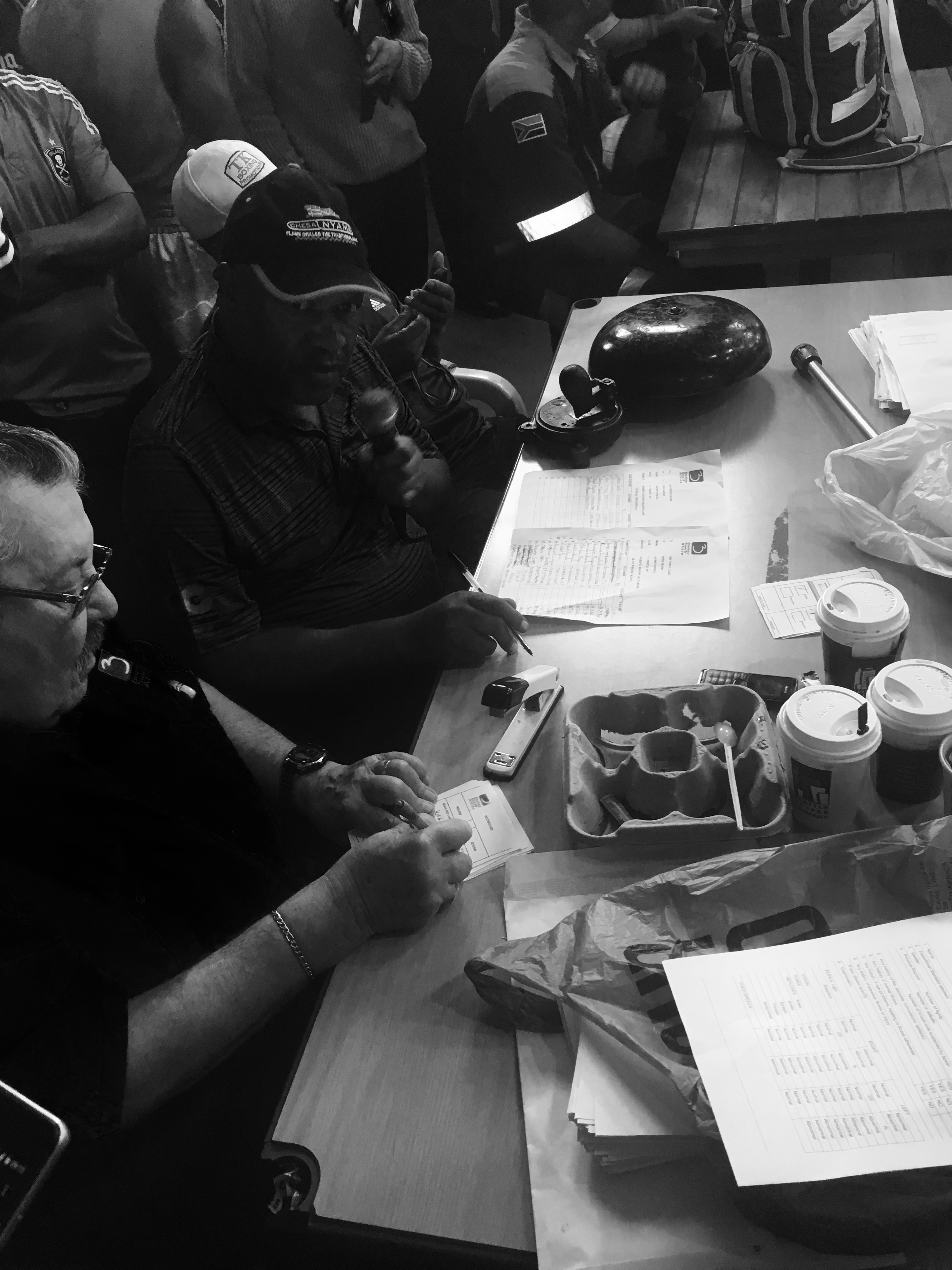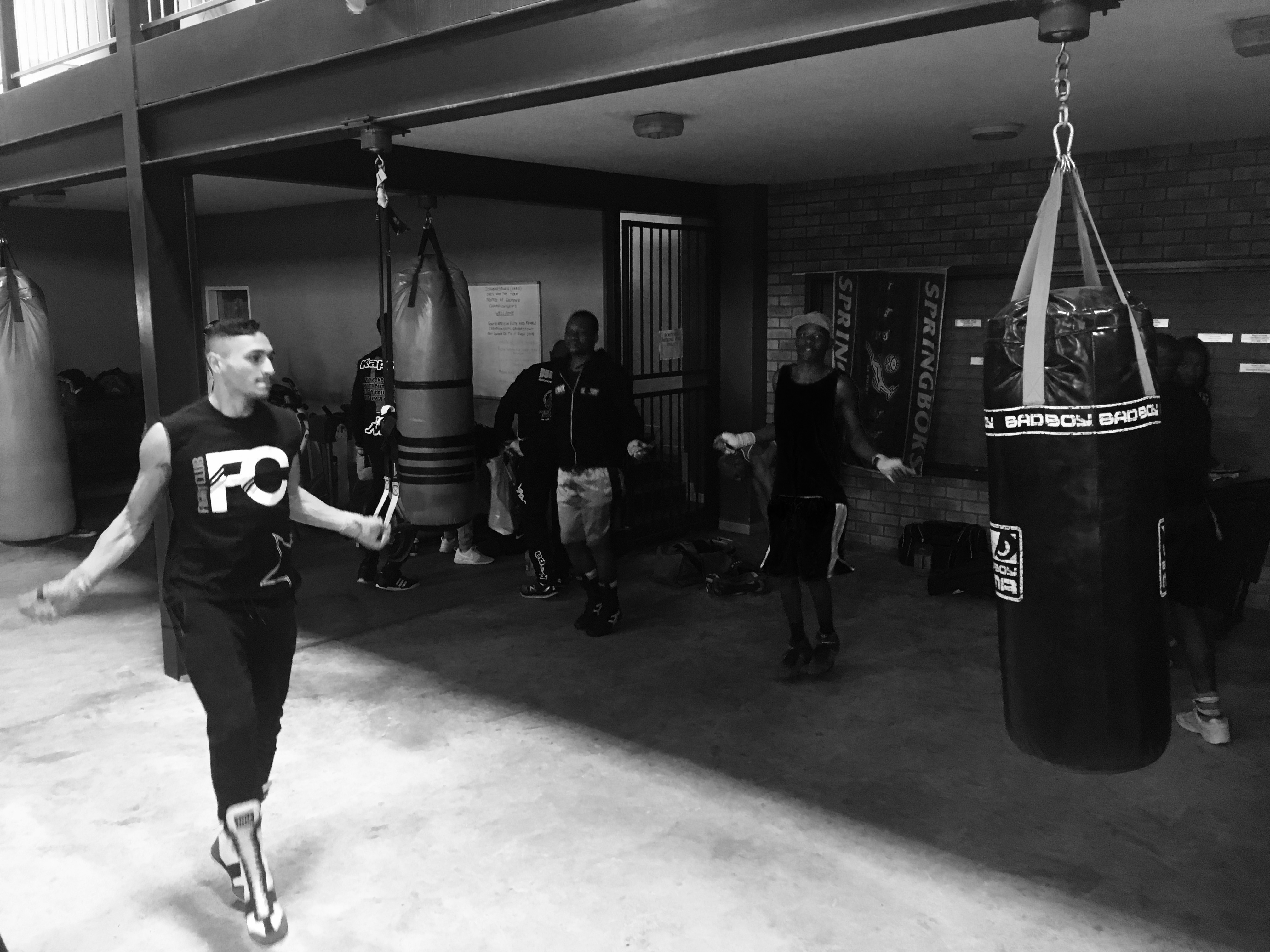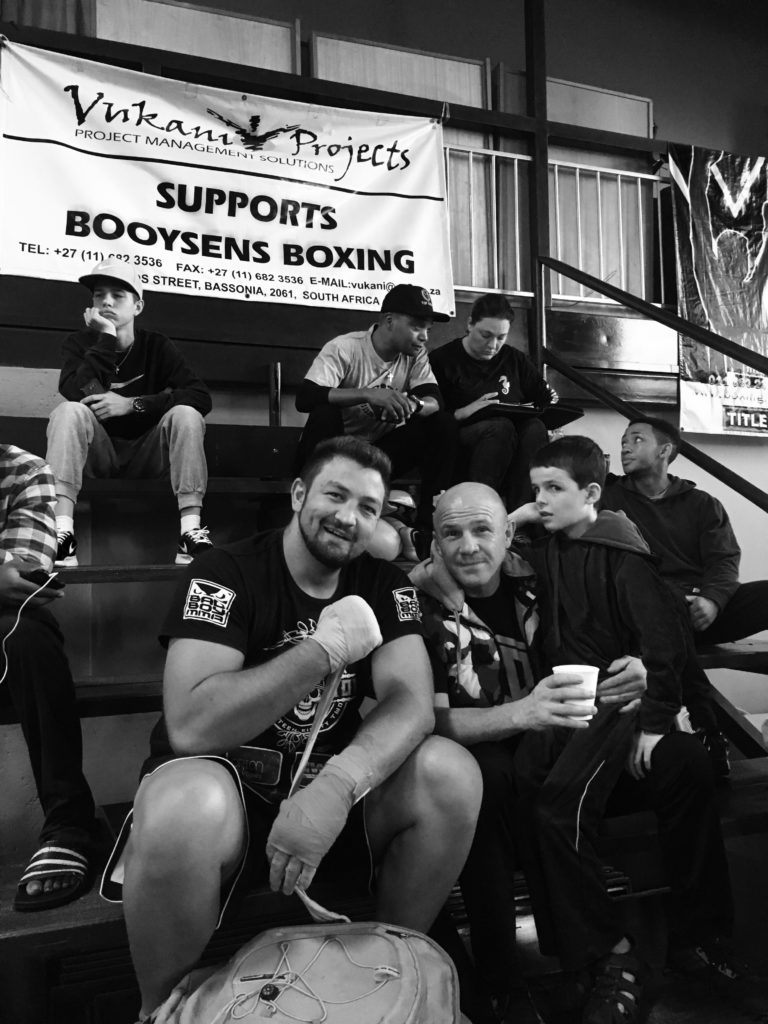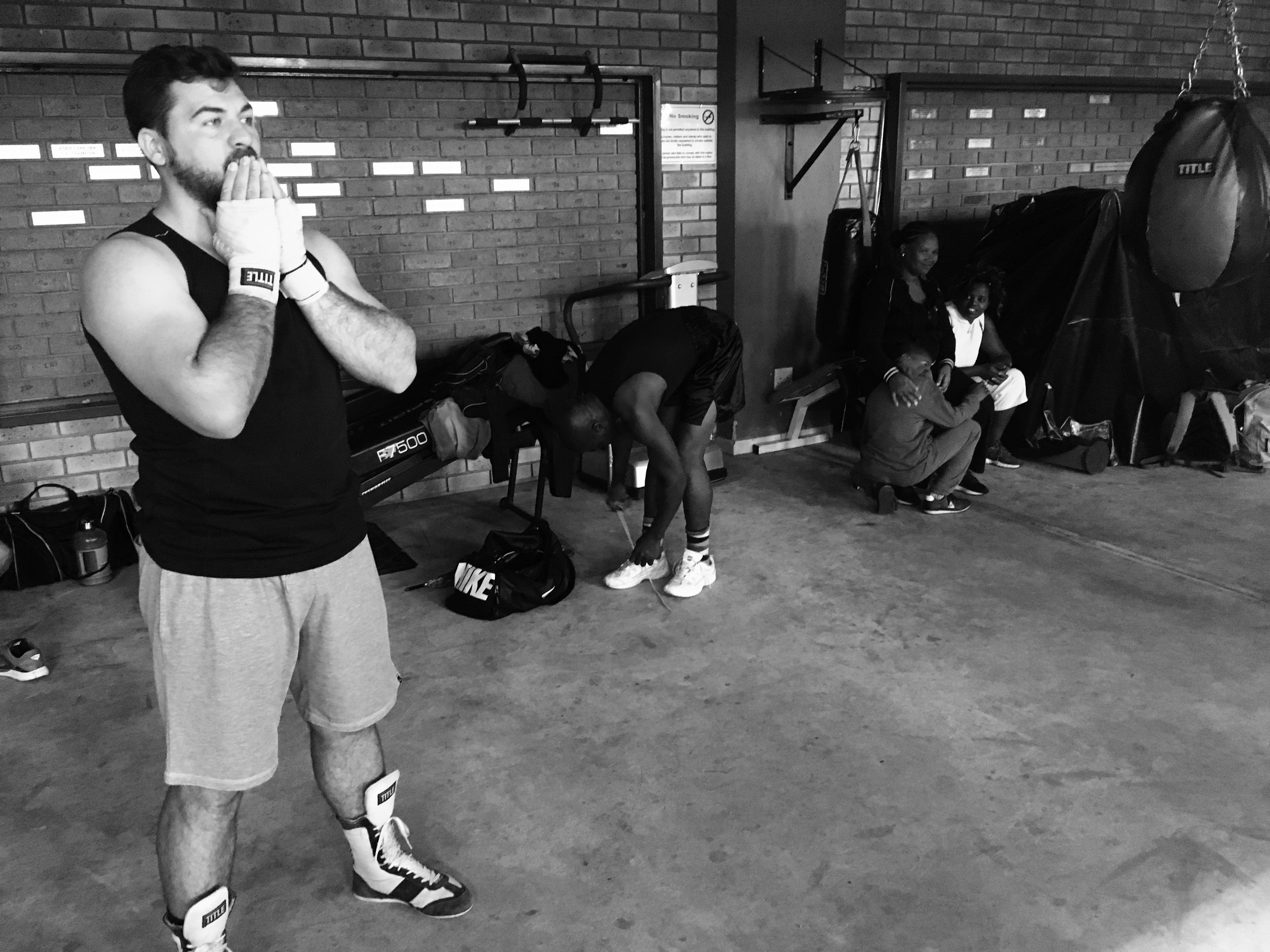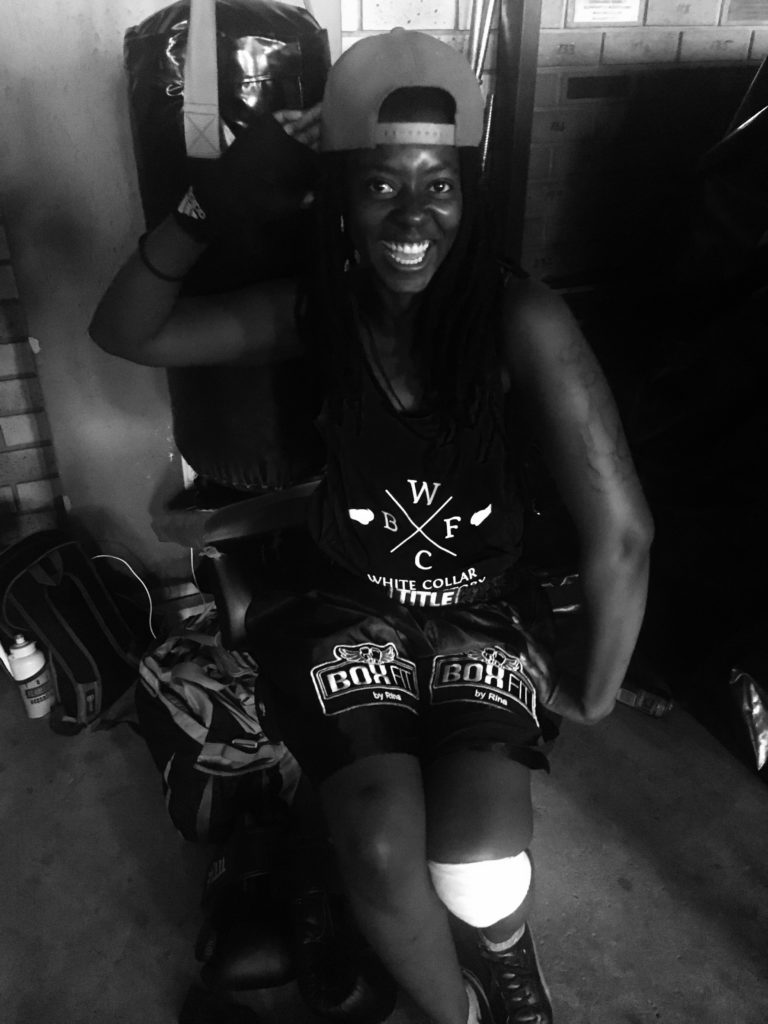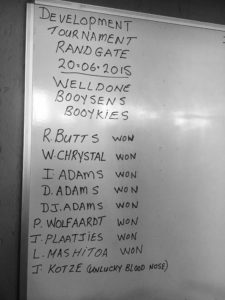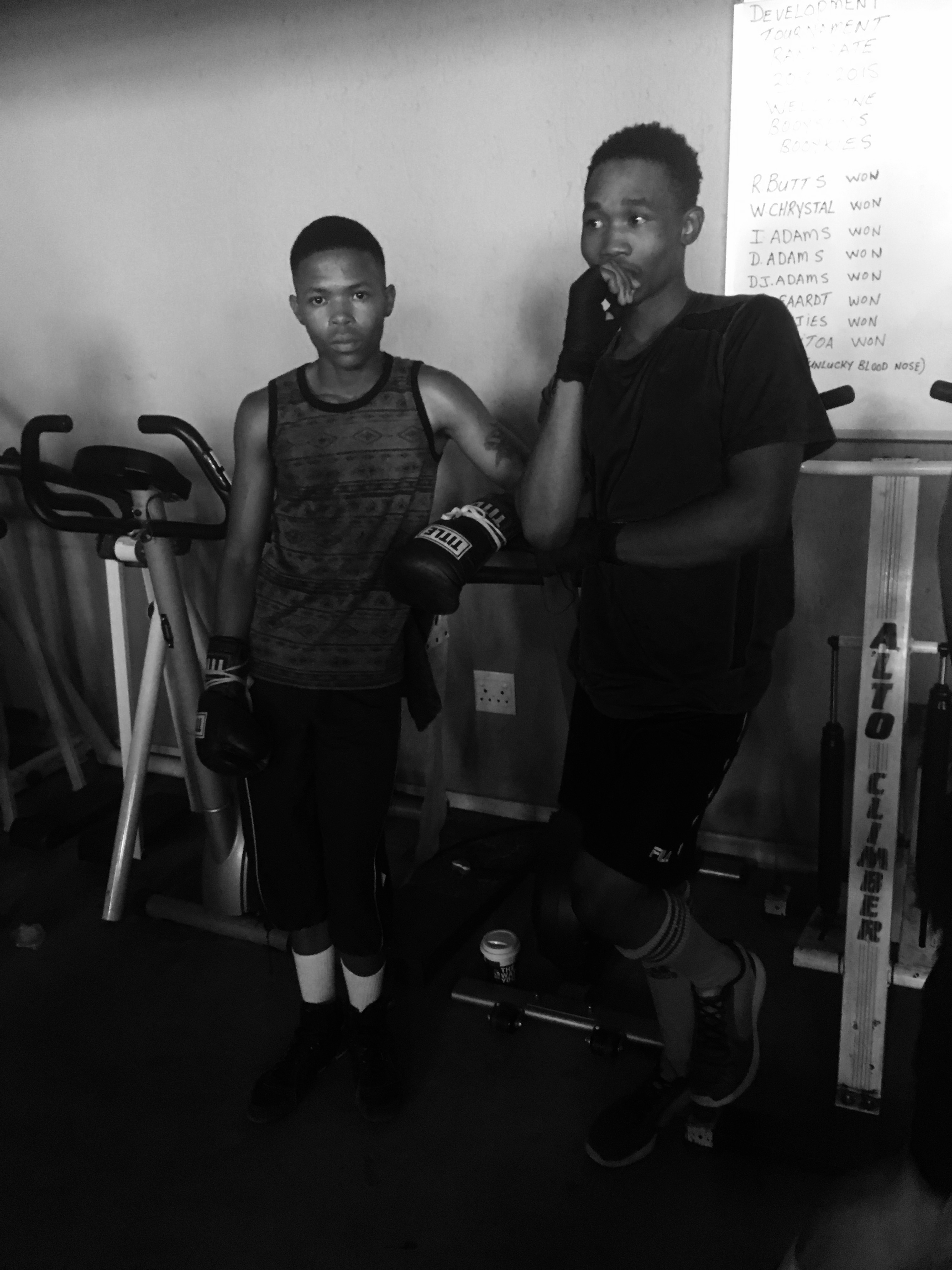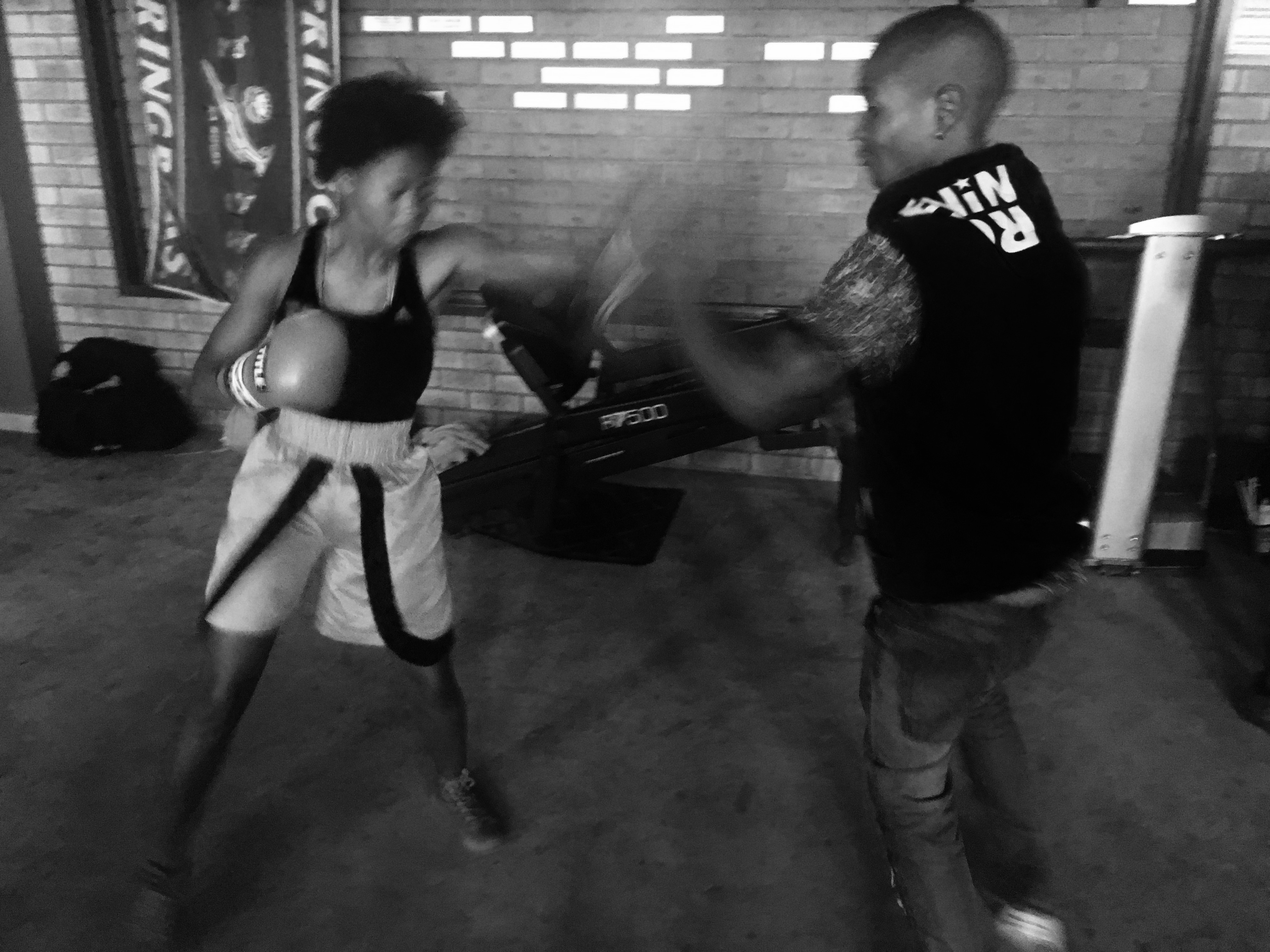World rugby has had its axis rattled by events in Europe these past few weeks.
The Six Nations was a sensation, full of vigour and violence, with four of the six teams all showing degrees of progress. Only Italy and Wales were left behind and even they had their moments.
As the world rankings indicate, the giants of the south can no longer wallow in their superiority. New Zealand may be number one, but Australia are on the slide and we know all about South Africa’s fast diminishing reputation. The Boks lie a dismal seventh in the rankings and if that’s difficult enough to swallow, it will feel even worse when the World Cup draw is made in May.
They’ll be lumped in a pool with either New Zealand, England, Australia or Ireland, their prize for not being ranked in the top four.
Watching events up north, you got the sense that northern hemisphere teams have really moved on. England have made great strides and even though they couldn’t cope with the pace and intensity of Ireland on a teeming day in Dublin, they are just 15 months into Eddie Jones’ four-year project.
EEngland are stroppy and strong and play with more width that they have in ages
England are stroppy and strong and play with more width that they have in ages. Ireland exposed weakness, but as Jones pointedly remarked, rather now than in Japan in three years’ time. They will get better under Jones, who seldom makes the same mistake twice.
Ireland’s bloody-mindedness was best exemplified by Johnny Sexton, who was brutishly targeted by England’s big men. There was nothing artful about it either. It was clumsiness against courage and the sight of Sexton getting up time and again offered a compelling argument for him to be given the number 10 jersey for the British and Irish Lions tour of New Zealand.
The soonest England are likely to play the All Blacks is 2018, which is just as well. England fans may have notions of their team being better than New Zealand, but until England comfortably demonstrate the ability to soak up pressure, adjust and execute – as the All Blacks do – they will be in the slipstream.
France are the lot we ought to be worried about because the Springboks host the Tricolors in a three-Test series in June with Durban hosting the second of these. They are very evidently a team trying to get back their attacking potential. We saw flashes of it throughout the tournament with players like Gael Fickou, Baptiste Serin and Louis Picamoles all looking like world-beaters. The French pack is also looking gnarly again as Wales found to their cost last weekend. They may not possess the flamboyance of old, but the strong set-piece remains a glorious tenet of French play.
Innovation, would you believe, came from the hopeless Italians. Their remarkable tactic of not contesting the rucks against England was cunning and caught England on the hop.
“I am the referee, I am not the coach,” said referee Romain Poite to a bemused Dylan Hartley who sought an explanation.
The irony was that this sleight of hand was dreamed up by a South African (Brendan Venter) who may or may not be involved with the Boks later this year.
England adapted quickly enough, but you wonder whether a team like the Springboks would have twigged on and been able to shut down the ploy. Modernism has never been SA rugby’s strong suit, Venter being a splendid exception.
And so to the Springboks. It is hard to draw a bead on their status. Allister Coetzee has kept his head down and there isn’t much buzz around the players.
It’s early days in Super Rugby, but already the New Zealand teams are cutting loose. The signs point to another golden winter for the All Blacks, although the Rugby Championship will be the second prize. The scalp of the British and Irish Lions is the big booty on offer this year.
The Boks need to get a move on. Invention and imagination is the currency of the new game. They must offer something fresh and vibrant in the new season, proving that the slow drift to mediocrity is at an end.
More heart, more fight would do for starters. – © Sunday Tribune




